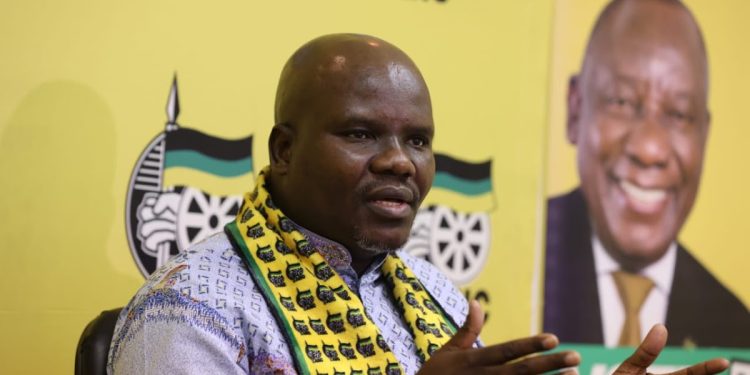The African National Congress (ANC) is grappling with a significant political shift after losing its majority control in Parliament. Without its previous dominance, ANC Members of Parliament (MPs) are now required to sharpen their debate skills and create more compelling arguments to rally support for their initiatives in a more competitive and fragmented legislative environment.
In this new landscape, the ANC can no longer rely solely on numbers to push through its policies. Instead, the party must actively engage with opposition parties and independent members to secure support for its legislative agenda. Political analysts believe this shift will require ANC MPs to be more persuasive and strategic in their parliamentary debates.
“With the loss of majority, the ANC must focus on crafting coherent and persuasive narratives that resonate with a broader audience,” noted political analyst Dr. Thabo Mbeki. “They need to not only defend their policies but also articulate a vision that addresses the pressing concerns of all South Africans.”
In response, the ANC leadership has launched training programs to enhance MPs’ rhetorical abilities and deepen their understanding of parliamentary procedures. These efforts aim to promote more constructive dialogue within Parliament, ensuring that the ANC can effectively negotiate and collaborate to achieve policy goals.
Forging alliances and negotiating compromises will be key to the ANC’s strategy moving forward, especially at a time when public trust in political institutions is low. By improving their debate and communication skills, ANC MPs hope to rebuild the party’s image and strengthen its leadership in a changing political environment.
As the next parliamentary session approaches, all eyes will be on the ANC to see if it can adapt to its new role and effectively navigate the complexities of coalition politics and minority governance.






















